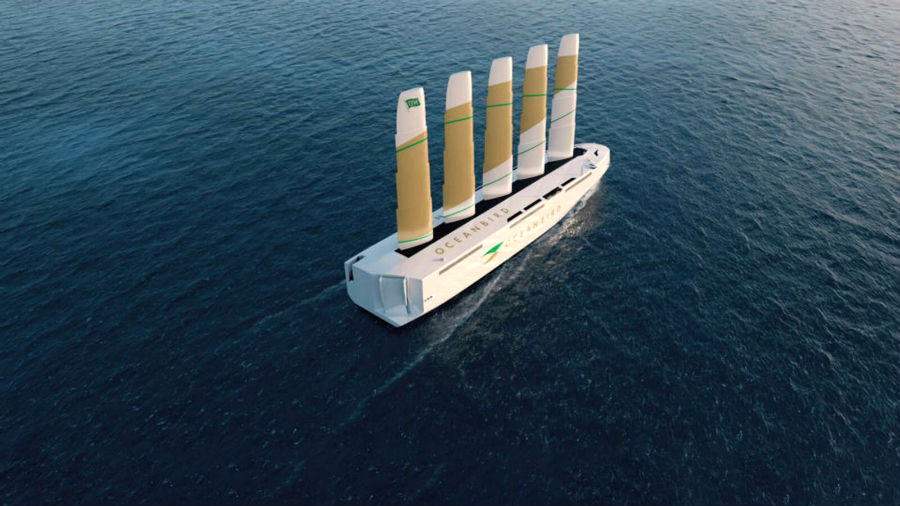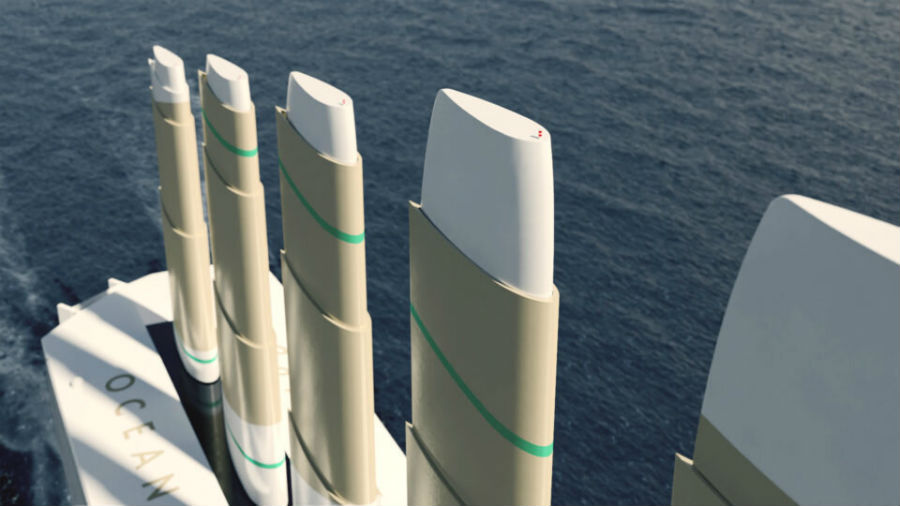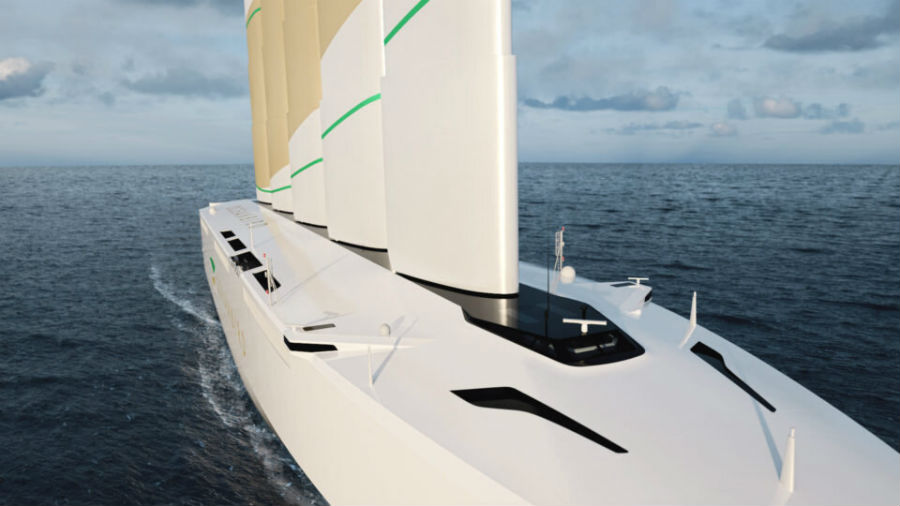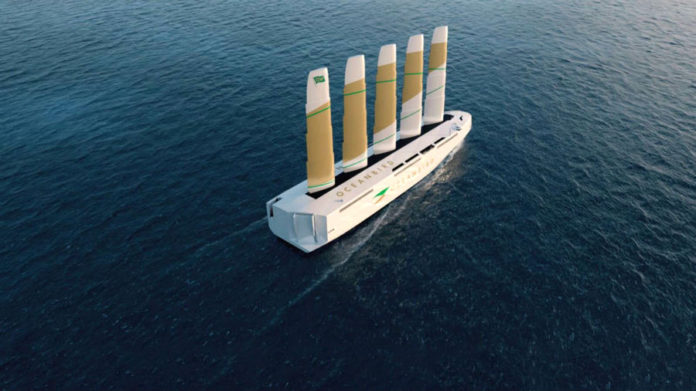
The newly unveiled cargo ship design, ‘Oceanbird’ from Wallenius Marine is going to be wind-powered with reduced emissions by up to 90%. Taking a lesson back from the beginning of voyages, Oceanbird will carry a cargo of up to 7000 cars at a time with the help of wind.
Currently, there is a guideline issued from the United Nations International Maritime organisation on reducing the carbon emissions by 40% by the end of this decade, from sea vessels and journeys. And the Oceanbird project is one of the few successful attempts to achieve that so far.
“Our vision is to lead the way towards truly sustainable shipping, and of course we want others to join us. It is not a competition, but rather a direction we all need to take. By being transparent in the process, we want to inspire others to test the limit to what is possible. Cause we need to make a change and it just can’t wait anymore.” says Per Tunell, the COO at Swedish Wallenius Marine.

Oceanbird will be higher than an average sailing boat but lower than the regular aeroplane routes. The company is currently testing its 7-metre Oceanbird model in open water. Its clean voyages will be just the opposite from the supertankers and the big cargo ships that run on cheap dirty fuel leaving a huge carbon footprint.
Oceanbird features
The 650-feet long cargo ship will consist of 260-feet long retractable sails. This will allow them to pass through bridges. With 130-feet in width, Oceanbird is on its way to becoming the world’s largest sailing vessel.

According to Naval Architect, Carl-Johan Söder at Wallenius Marine, “We are also lining up for the first round of seakeeping test in SSPA manoeuvring basin from the end of September. This will be unique tests where the model will be equipped with fans in order to capture both aero and hydrodynamic effects in model scale. So, all in all, we are looking forward to a very intensive autumn with several exciting activities.”
The project is planned to test the model in open sea waters in the coming months. And the final product is due to be in the market before 2025.

